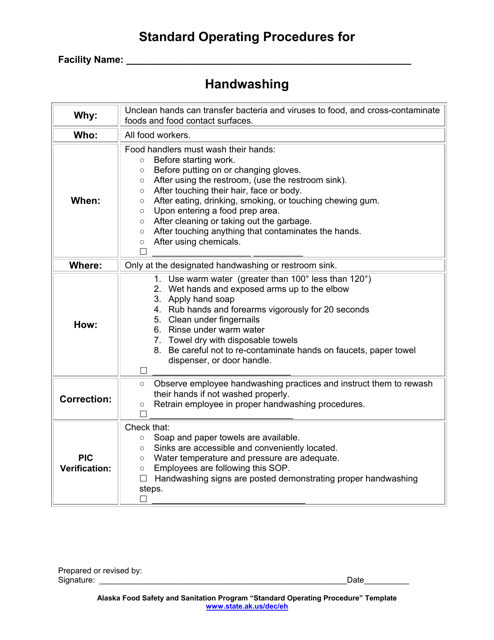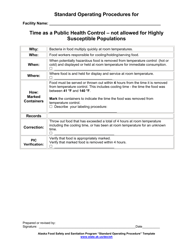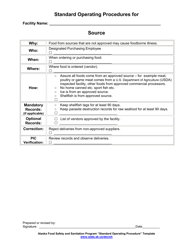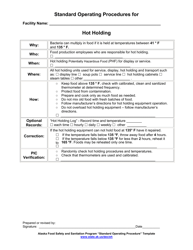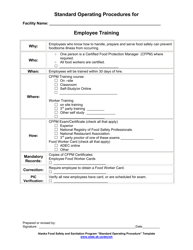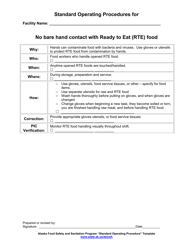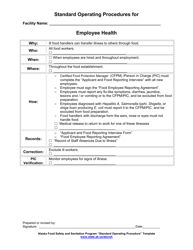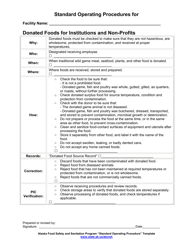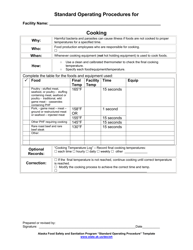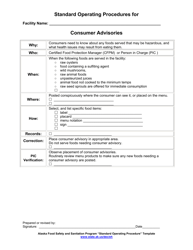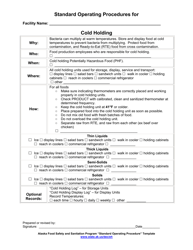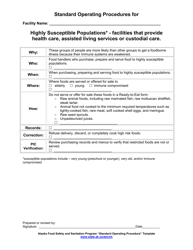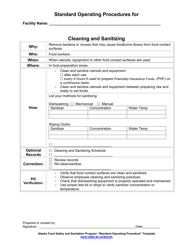Standard Operating Procedures for Handwashing - Alaska
Standard Operating Procedures for Handwashing is a legal document that was released by the Alaska Department of Environmental Conservation - a government authority operating within Alaska.
FAQ
Q: Why is handwashing important?
A: Handwashing is important to prevent the spread of germs and diseases.
Q: When should I wash my hands?
A: You should wash your hands before preparing or eating food, after using the bathroom, after coughing or sneezing, and after touching any potentially contaminated surfaces.
Q: How should I wash my hands?
A: Wet your hands with clean running water, apply soap, lather and scrub for at least 20 seconds, rinse thoroughly, and dry with a clean towel or air dry.
Q: What if soap and water are not available?
A: If soap and water are not available, you can use an alcohol-based hand sanitizer that contains at least 60% alcohol to clean your hands.
Q: Can handwashing help prevent COVID-19?
A: Yes, proper handwashing is one of the most effective ways to prevent the spread of COVID-19.
Q: Should I use hot water for handwashing?
A: Warm water is sufficient for handwashing. Hot water can be harsh on the skin.
Q: How often should I wash my hands?
A: You should wash your hands frequently throughout the day, especially during times when you are in contact with potentially contaminated surfaces or people.
Form Details:
- The latest edition currently provided by the Alaska Department of Environmental Conservation;
- Ready to use and print;
- Easy to customize;
- Compatible with most PDF-viewing applications;
- Fill out the form in our online filing application.
Download a printable version of the form by clicking the link below or browse more documents and templates provided by the Alaska Department of Environmental Conservation.
